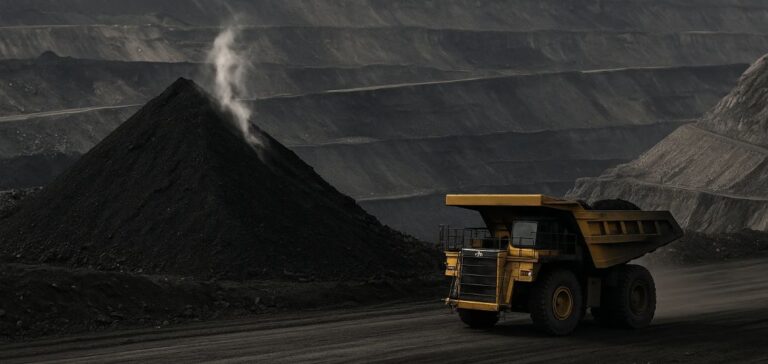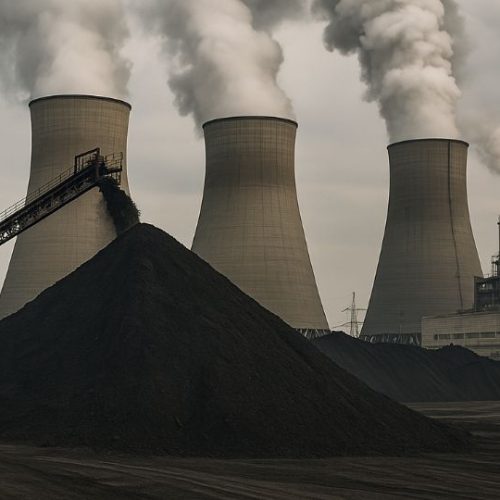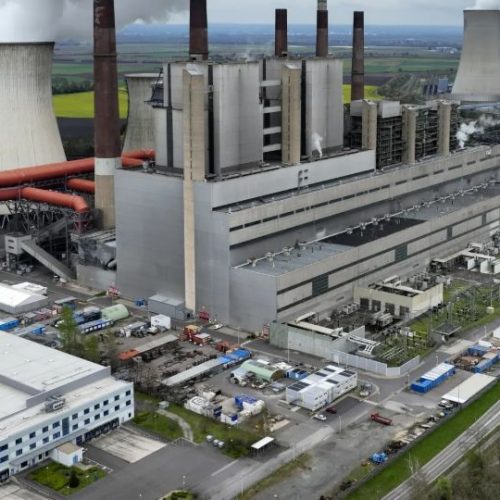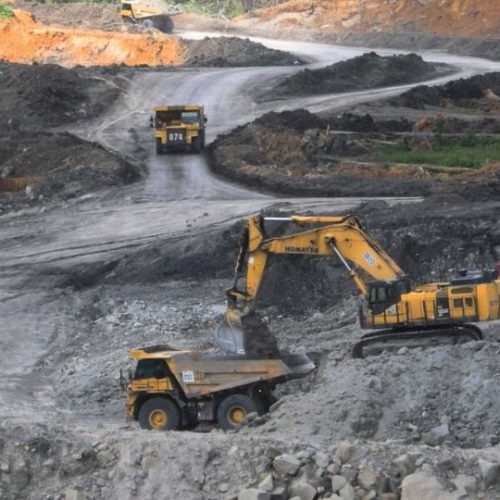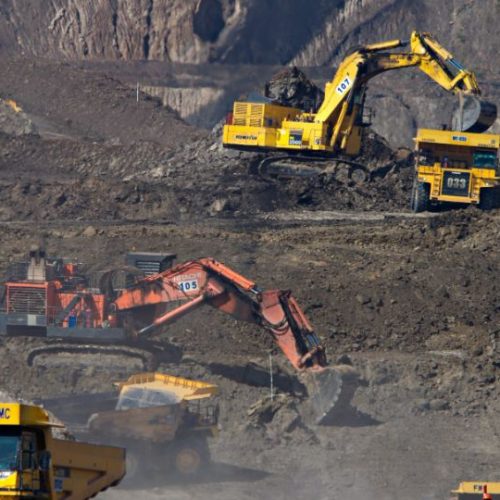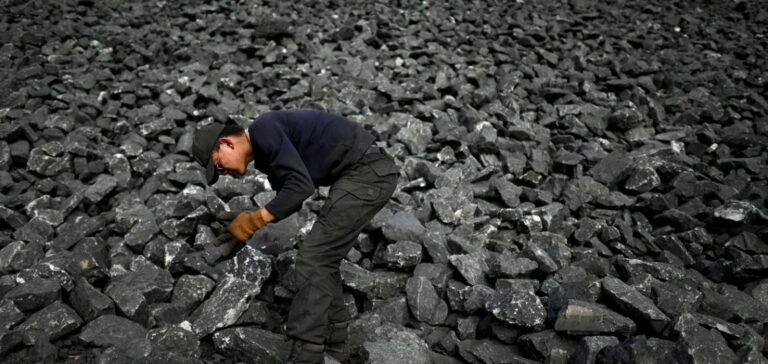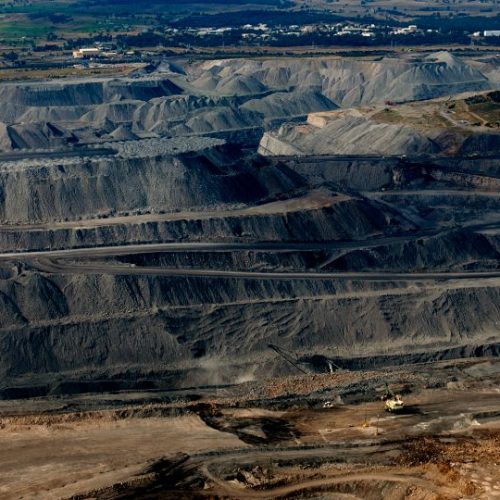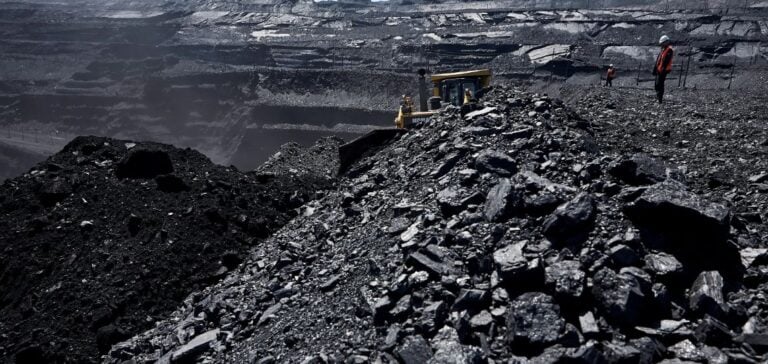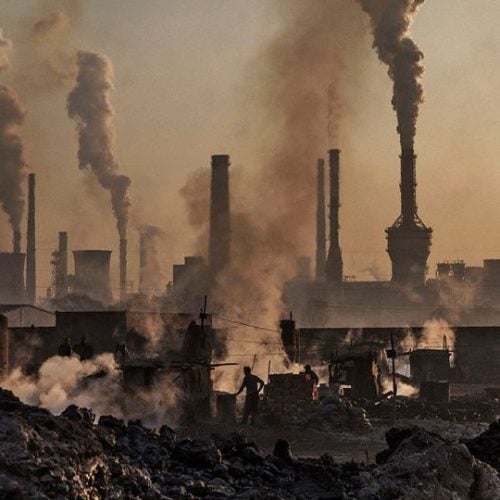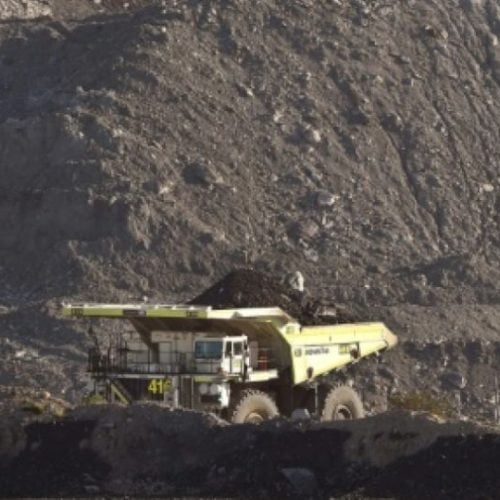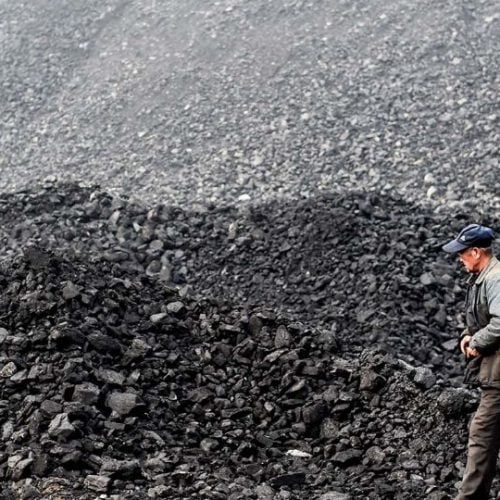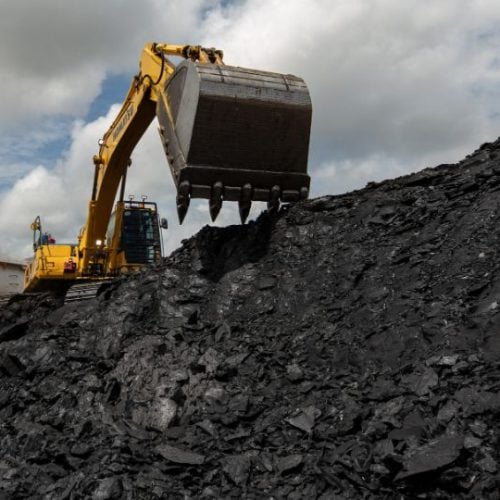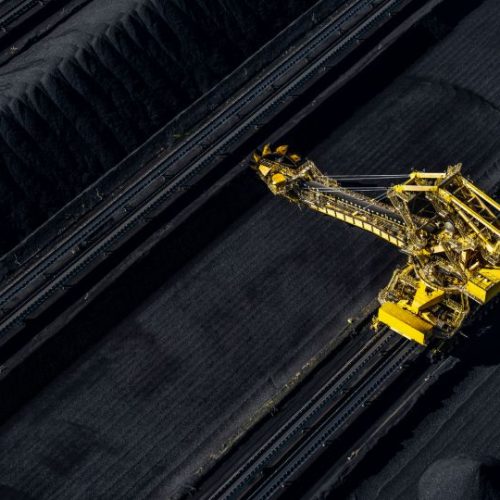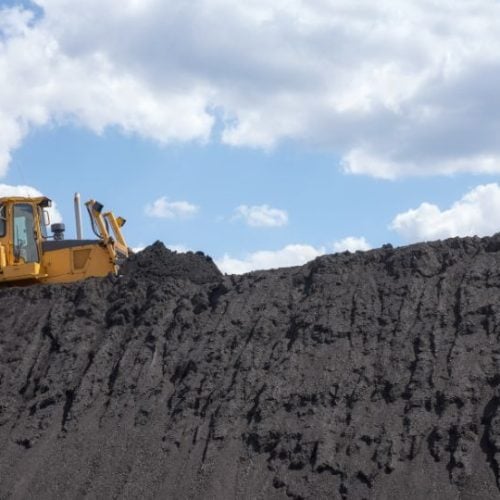Russian thermal coal exports to South Korea increased in July, surpassing those from Colombia for the first time in two months.
This increase is attributable to a series of factors including unfavorable weather conditions in Colombia and tariff adjustments on the Russian side, altering market dynamics.
Impact of climatic disturbances in Colombia
Since last month, Colombia has been experiencing heavy rains, disrupting coal production at several of its main mines.
These extreme weather conditions have considerably reduced the country’s export capacity.
Colombian mining sites, which are largely dependent on weather conditions, saw their production fall and stocks available for export shrink.
At the same time, freight costs between the Atlantic and Asia-Pacific regions rose, making Colombian exports less competitive.
Transport costs to move coal from Colombia to South Korea soared, compounding the logistical and financial challenges for Colombian exporters.
Russian pricing and logistics strategies
Russia has taken advantage of this situation to increase its market share.
In May, the Russian government abolished export tariffs on thermal coal, enabling Russian suppliers to offer more attractive prices.
This measure was crucial in making Russian coal more competitive with that of other major producers such as Australia, Colombia and South Africa.
In July, South Korea imported 2 million tonnes of Russian thermal coal, compared with just 700,000 tonnes from Colombia.
Freight costs from Eastern Russia to South Korea are historically lower, with an average rate of $23 per tonne.
By comparison, freight costs from Colombia are significantly higher, affecting the competitiveness of Colombian coal.
South Korean market preferences
South Korean buyers, mainly importing power plants, preferred Russian coal because of its competitive price and stable supply.
Economic conditions reinforced this preference, as Colombian coal prices rose due to freight costs.
The South Korean government’s decision to restrict imports of Russian coal on the spot market towards the end of 2023 also played a role.
S&P Global Commodities at Sea data show a clear trend in favor of Russian coal imports, despite international sanctions on Russian exports.
Russian producers have managed to circumvent these obstacles by offering advantageous tariff conditions and optimizing their logistics.
Unfavorable weather conditions in Colombia and higher freight costs enabled Russia to regain significant market share in the South Korean thermal coal market.
The abolition of export tariffs by the Russian government also played a crucial role in this dynamic.
As the thermal coal market continues to evolve, suppliers will need to adapt to logistical and economic challenges to maintain their competitiveness.

